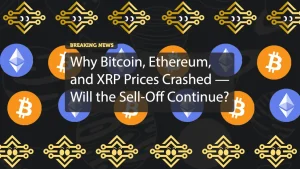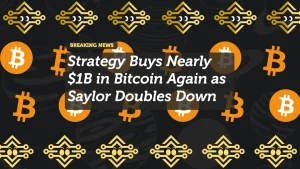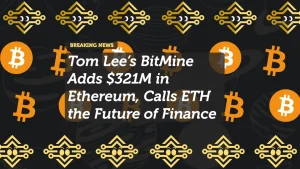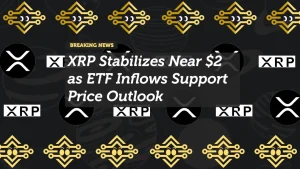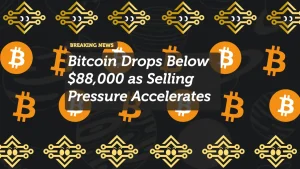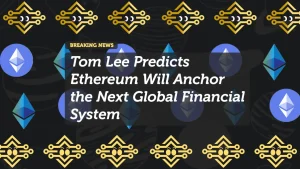
World Economic Forum 2019 – Davos – Day 1 Review
Davos, Switzerland | 22-01-2019
By: Patrick Conlin
It was an eventful day one at World Economic Forum in Davos, Switzerland as the world’s elite meet to discuss global growth, security, and development goals for 2019. With experts predicting meager global growth forecasts how will participants at the World Economic Forum continue to deliver on promises of inclusion to emerging middle classes despite drastic inequalities. Has the rise of populist leaders in recently held democratic elections around the globe threatened the principles of the free flow of capital and multilateralism? And if so, then how will business’s and government’s adapt policies to include wealth growth of new market participants in Africa and South East Asia? In the video above we review a panel discussion with CEO’s of some of the largest Multi-National Corporations including Ken Hu the chairman of Huawei, Visa’s Alfred Kelly, and Nokia’s Rajeev Suri among others. The panel discussed their outlook on the digital economy in 2019, blockchain networks, artificial intelligence, and “tech-lash” relating to economic inclusion and fears of job displacement. So how might all of this relate to crypto you ask? Bare with me my friends we’re getting there.
The overall consensus among the panel was that the digital economy will be one of the largest growing sectors moving forward in 2019 and that larger percentages of GDP will reflect these trends. According to Visa’s CEO Alfred Kelly “e-commerce is growing four times that of brick and mortar.” The chairman of Huawei Ken Hu believes that 5G will be the biggest market in 2019 along with artificial intelligence and blockchains. While Rajeev Suri of Nokia stated that computing and data storage will be decentralized and localized as new networks must be within 100 km of users. The panel contends that localized development in new emerging markets will help the forum meet it’s globalization 4.0 development goals as new access to banking and capital will help aide growth. The lone academic and woman on the panel is Stanford professor Eileen Donahoe whom casts doubt on corporate optimism. The challenge she intends relies in a trust deficit among sovereign citizens that they too will benefit from the wealth created by the international financial system, along with concerns that artificial intelligence and emerging technologies will lead to massive job displacement changing the nature of work. She cites recent democratic elections of populist leaders as proof of this tech-lash. Moderator Victoria Espinel reads the latest release of the Edelman trust barometer in which companies scored the highest level of trust, more than any other topic, including governments and civil society. How then do these two views which appear counterintuitive relate to cryptocurrency markets moving forward in 2019 and beyond?
Following the conclusion of Davos in 2018 the crypto market tanked. With global growth outcomes predicted to not meet projections will it cause investors to assume risk in more volatile market spaces such as crypto? As the launch of 5G brings new people into the digital market space through mobile phone adoption will participants skeptical of traditional institutions take control of their money through crypto exchanges? Competition amongst the digital economy has allowed businesses to directly appeal to consumers without the necessity of third parties or middleman. The mass adoption of crypto relies in the appeal of control over your own money through private keys and two step authentication. Continued distrust in traditional institutions paired with growing consumer confidence in companies could help to spur new investments in nontraditional spaces. Millennials, which are the largest population demographic in the world, are more accepting of mobile payment applications and potentially more intrigued by an emerging digital asset class. As data and computing become more reliant on decentralized blockchain networks a “token” can become a powerful fundraising instrument and a useful medium of exchange for services across the globe. Crypto can be a new maturation of globalization as it represents peer to peer free flow of capital which can be exchanged anywhere in the world then transferred back into fiat currency. The bear market continues into 2019 as regulatory uncertainty and investment remain stagnant, but it will only grow as companies adapt and consumers regain confidence. Could the conclusion of this years summit in Davos bring new investment and further mass adoption? Only time will tell.










